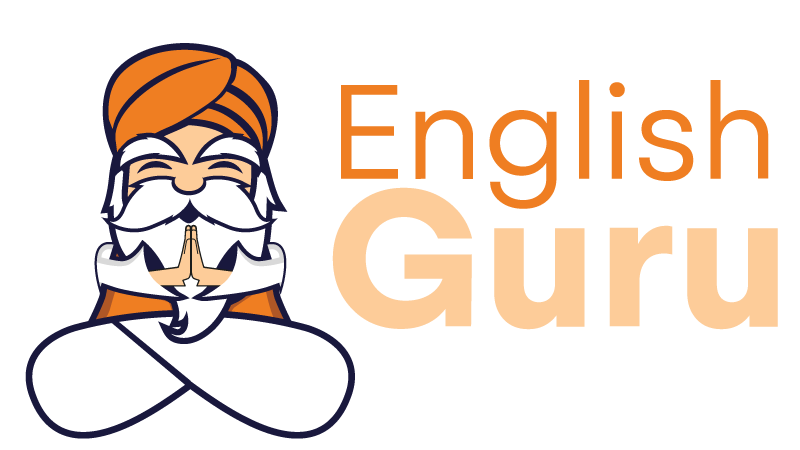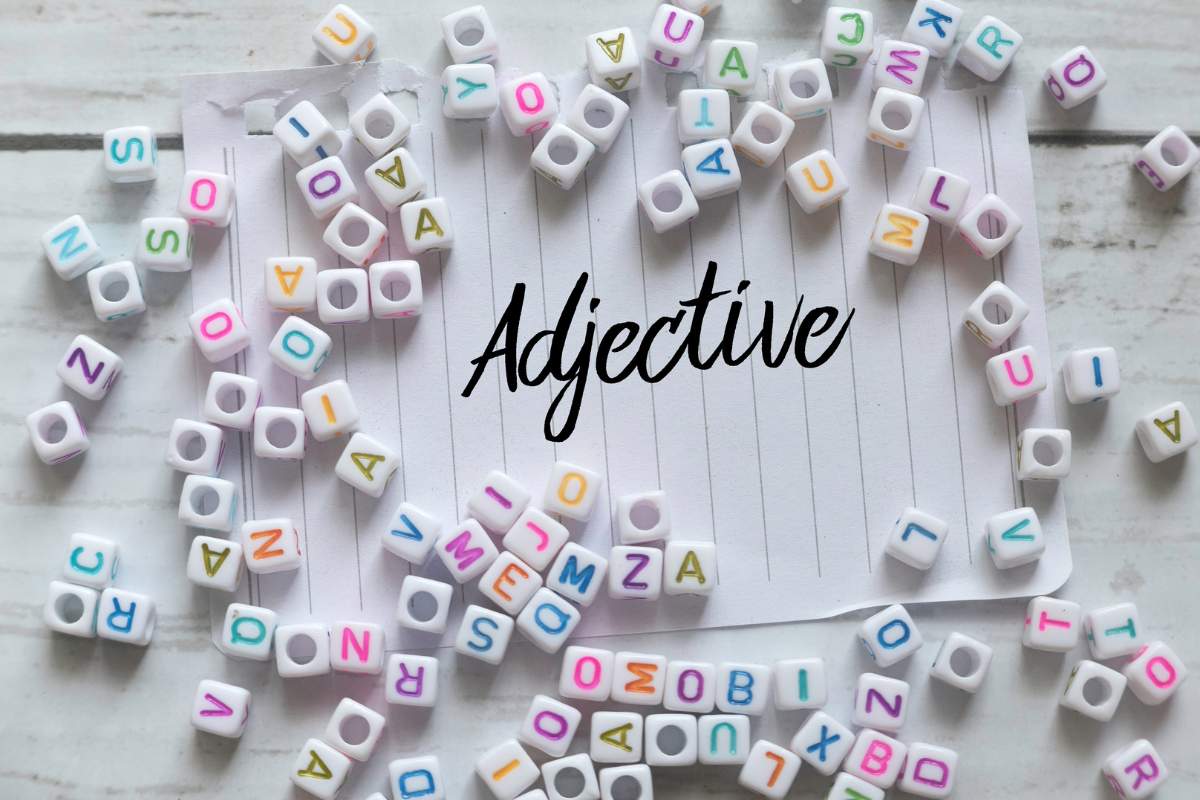In the scope of the subject, ‘English adjectives’ we can say that: Adjectives describe the attributes of nouns. Also, adjectives are words that describe the states of being of nouns. For example; old, small, fast, clever, funny, careful are adjectives. In addition to these; adjectives also describe the amount of nouns. We can give these examples for these adjectives as ‘much and many.’
Adjectives Describe Nouns
Throughout your education, you learned that adjectives are words that describe (modify) nouns. You also know that adjectives do not describe adverbs, verbs. In the examples we give below, adjectives come just before the nouns they describe. Therefore, you can easily spot these adjectives. Depending on the subject, ‘English adjectives’ we can say that: Check out the examples below:
- Michael saw a brilliant film last night
- Her cake should have fifteen candles.
- We are amazing family.
- Diana wore a beautiful dress.
But adjectives have more duties than describing nouns. Also, some adjectives act as a complement to connect the ‘verb to be’ or ‘linking verbs’. A linking verb describes a state of being or a sensory experience. For example; the adjective describes sensory experiences such as feeling, seeing, or tasting. Please check out examples:
- Elizabeth and her friends are definitely happy.
- It smells weird in the lab.
- Vegetarian food is healthier than fast food.
Uses of Adjectives and Degrees of Comparison
If you want to talk about ‘how much’ or ‘how many’ of something, you can use adjectives. Depending on the subject, ‘English adjectives’ we can say that: You can say what kind of thing you want with adjectives.
Example: Please use two red apples in web design. (Two and red are modifying apples)
If you are going to use adjectives together in English, you should separate them with a comma or conjunction. This use of adjectives is called coordinate adjectives. Check out the examples below.
- I want to buy a black, modern-attractive
- His cat is fat and good-tempered.
The subject of adjectives is divided into three forms. These three forms are ‘absolute adjectives’, ‘comparative adjectives’ and ‘superior adjectives’.
1) Absolute Adjectives
First, let’s explain absolute adjectives. These adjectives modify nouns on their own right. In the scope of the subject, ‘English adjectives’ we can say that: Please check out examples:
- A beautiful girl
- A messy table
- A mischievous dog
- Colorful birds
2) Comparative Adjectives
You can use comparative adjectives to make a comparison between two or more nouns (objects). For most monosyllabic adjectives, the comparison is made by adding the suffix (-er) to the adjective. In addition, if the adjective already ends with an -e letter, the (-r ) suffix is added to the adjective for comparison. If you are using a two-syllable adjective ending in -y for comparison, replace (-y) with (-ier). Depending on the subject, ‘English adjectives’ we can say that: For multisyllabic adjectives you need to add the word ‘more’. For examples:
- A cooler man
- A messier table
- A more mischievous dog
- More colorful birds
3) Superlative Adjectives
By using superlative adjectives, you can indicate that the quality of a noun (object) is of the highest order. To make monosyllabic adjectives superlative, do the following: Add the suffix (-est) to these adjectives. Also, for adjectives ending in (-e), just add (-st). If the two-syllable adjective ends in (-y), replace (-y) with the suffix (-iest). To make polysyllabic adjectives superlative, you should use the word ‘most’. In the scope of the subject, ‘English adjectives’ we can say that: When you use a superlative phrase, you should use ‘the’ instead of ‘a’ or ‘an’. Because by using the superlative adjective, you are talking about a particular item or items.
- The coolest man
- The messiest table
- The most mischievous dog
- The most colorful birds
Coordinate Adjectives
If you are going to use coordinate adjectives, you should separate them with ‘comma’ or ‘and’. More than one adjective that describes the same noun in a sentence is called coordinate adjective.
- We spent the holidays in a long and hot summer.
- John’s dedicated, tireless efforts will make all the difference.
Depending on the subject, ‘English adjectives’ we can say that: The point you should pay attention to in this subject is that the two adjectives come together does not always mean that they are coordinate adjectives. In some sentences, the adjective and the noun form a single meaning unity. Another adjective characterizes this semantic unit. Also, you should not separate these adjectives with comma.
- My brother Bob loves to wear this tattered woolen sweater.
- Only he can open the old silver locket.
Sometimes it is difficult for you to decide whether two adjectives are coordinate or not. But there are several methods for you to decide this. Try adding ‘and’ between adjectives to see if the sentence still sounds natural. In the first sentence, the phrase ‘this tattered and woolen sweater’ is incorrect. This sentence does not mention a sweater that is both tattered and wool. This sentence describes how the woolen sweater is ragged. In other words, the phrase ‘woolen sweater’ is described as tatty.
In the scope of the subject, ‘English adjectives’ we can say that: Let’s explain another way to test whether adjectives in a sentence are coordinating adjectives. Let’s replace the adjectives in the second sentence above. The phrase silver old locket is incorrect. Because the old adjective describes the silver locked.



